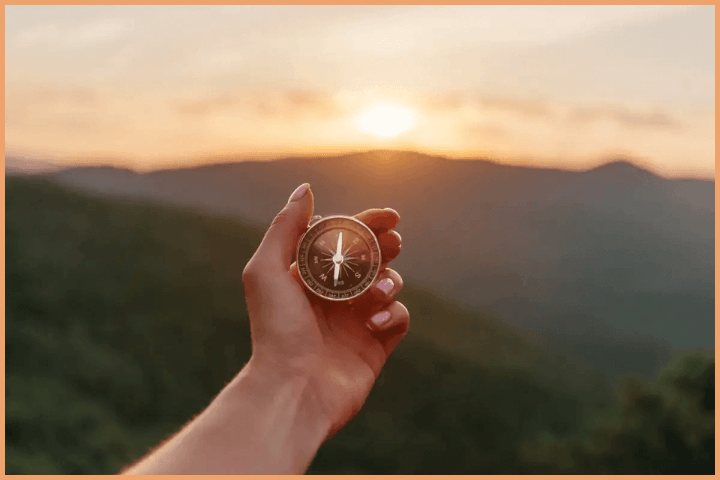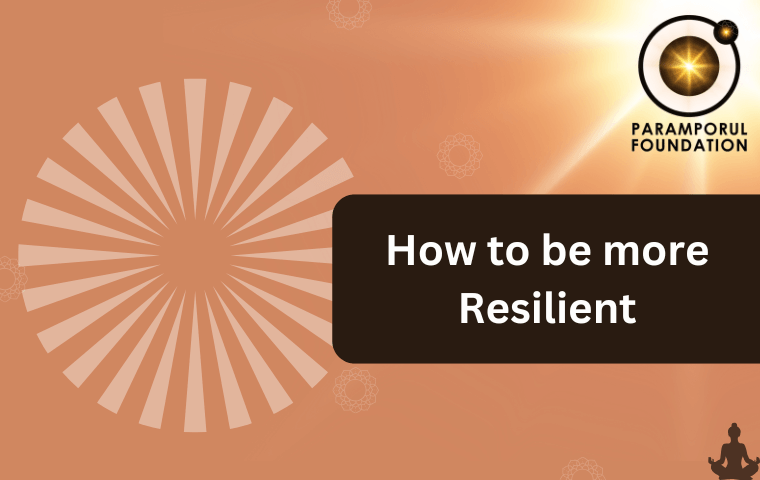Resilience is the strength to overcome obstacles and adapt to life’s challenges. It enables you to handle difficult situations, cope with stress, and maintain a positive perspective even during challenging times. While some people are naturally resilient, some can develop this skill with practice and patience. If you’re wondering how to be more resilient, here’s how you can build resilience and improve your ability to handle life’s ups and downs.
1. Find Your Purpose

Having a sense of purpose gives you meaning and motivation, especially during hard times. Purpose can come from small or big things, like helping others, exploring your creativity, or contributing to your community. When you focus on what matters to you, it becomes easier to push through challenges.
Examples of purpose include:
- Supporting loved ones.
- Volunteering for a cause you believe in.
- Pursuing hobbies or skills that bring you joy.
2. Believe in Yourself

Confidence plays a big role in resilience. Trust your ability to cope with life’s challenges. Start by replacing negative thoughts like, “I can’t do this,” with positive affirmations like, “I am capable,” or “I’ve handled tough situations before.”
Take a moment to recognize your strengths and achievements. Reflecting on your previous achievements can strengthen your confidence and equip you to face upcoming challenges. Learning how to be more resilient begins with believing in your own abilities.
3. Build a Support Network

Strong relationships provide emotional support during tough times. Open up to trusted friends or family about your feelings. You don’t have to solve problems alone; talking to others can offer fresh perspectives, solutions, or simply comfort.
Tip: If you’re feeling isolated, try joining a group or community with similar interests, or volunteer to meet new people.
4. Embrace Change

Life is full of surprises, and adapting to change is a key part of resilience. Instead of resisting change, try to see it as an opportunity to grow. Focus on what you can control, and let go of what you can’t. Flexibility helps you thrive even in uncertain situations.
5. Stay Optimistic

Even during difficult times, try to maintain a hopeful mindset. Optimism doesn’t mean ignoring problems; it means having the belief that challenges are only temporary and that you have the strength to overcome them.
- Each day, write down a few things you’re thankful for. This easy practice can help redirect your attention from what’s going wrong to what’s going well.
- Staying optimistic is an important part of learning how to be more resilient and seeing challenges as opportunities for growth.
6. Take Care of Yourself

Self-care is essential for resilience. When you’re stressed, it’s easy to neglect your health, but nurturing yourself strengthens your ability to handle challenges. Prioritize:
- Sleep: Get enough rest to recharge your body and mind.
- Exercise: Physical activity boosts both mental and physical health.
- Healthy Eating: Fuel your body with nutritious foods to stay energized.
- Relaxation: Practice mindfulness, meditation, or deep breathing to manage stress.
7. Develop Problem-Solving Skills

When confronted with a challenge, divide it into smaller, more manageable tasks. Write down possible solutions and try them one by one. Problem-solving helps you feel more in control and prepares you for future difficulties.
8. Set Realistic Goals

In crisis situations, focusing on smaller, achievable goals can make things feel less overwhelming. Instead of aiming for perfection, take things step by step. Celebrate small wins along the way; they’ll keep you motivated.
9. Take Action

Don’t wait for problems to solve themselves. Resilient people face challenges head-on. Start by identifying what needs to be done and take the first step. Progress may be slow, but every action brings you closer to a solution.
10. Learn from Experience

Reflect on how you’ve handled past challenges. What worked? What didn’t? Use these lessons to guide your future actions. Journaling can help you recognize patterns and gain clearer insight into your emotions.
11. Accept What You Can’t Control

Acceptance doesn’t mean giving up; it means understanding that some things are beyond your control. Focus your energy on what you can change. Practicing acceptance helps reduce stress and allows you to move forward.
12. Seek Help When Needed

Building resilience takes time, and it’s okay to ask for help. If you’re struggling, consider talking to a mental health professional. They can guide you in developing resilience and improving your emotional well-being.
Building Strength for Life’s Challenges
Resilience isn’t about avoiding difficulties; it’s about learning to navigate them with strength and grace. Developing these habits and learning how to be more resilient will enable you to tackle life’s challenges with greater ease and come out stronger in the end. Remember, resilience is a journey, and with time and effort, anyone can grow stronger.

